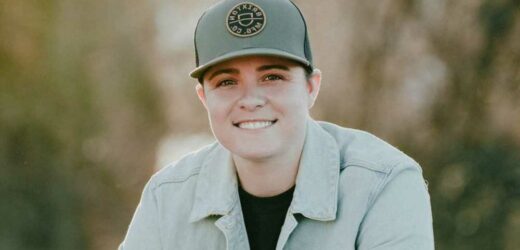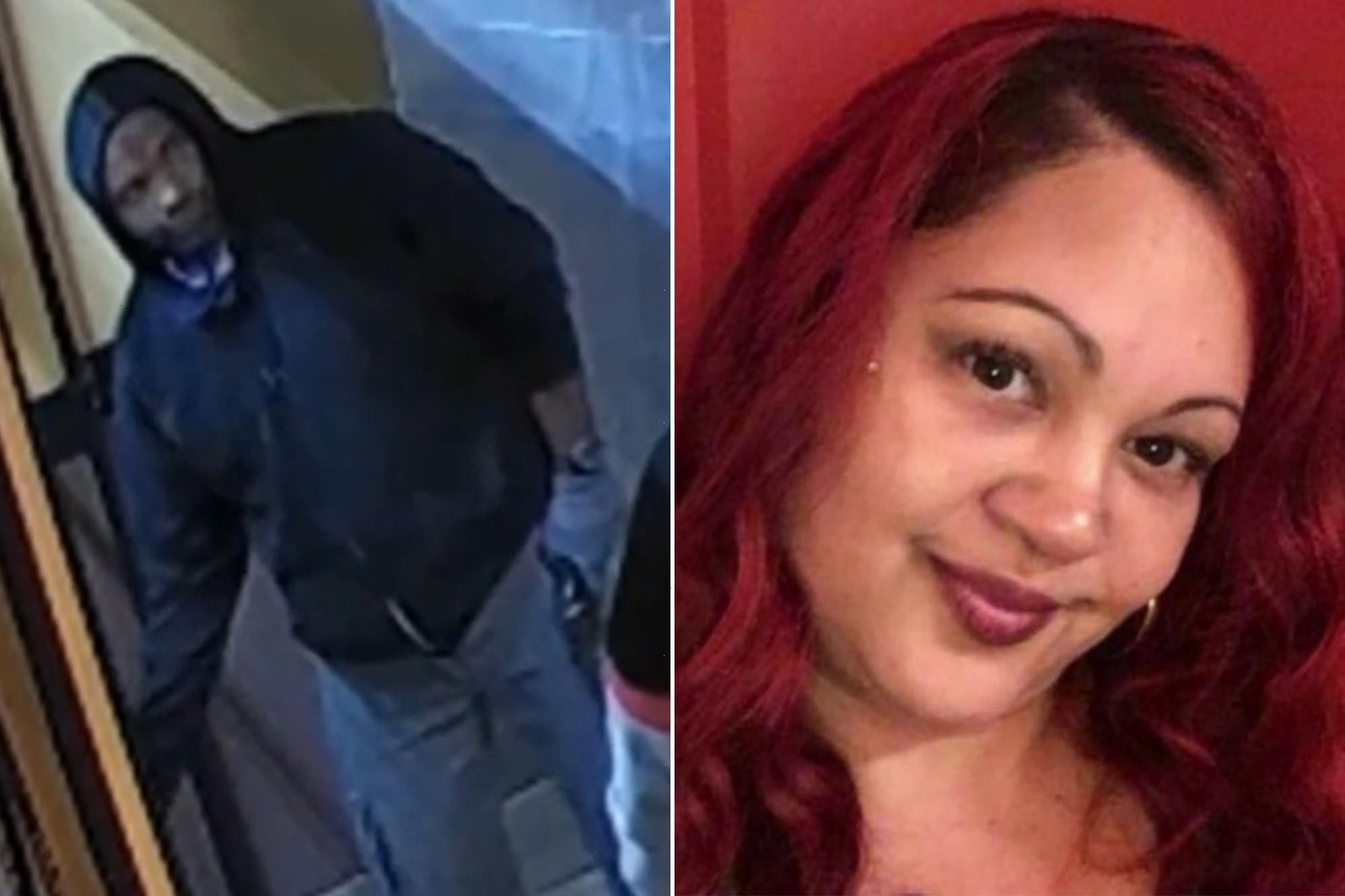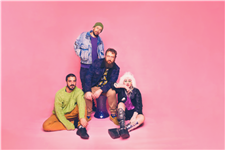Lily Rose was running on empty when she uploaded a clip of her song “Villain” to TikTok in December 2020. She’d been working on her music career for several years, steadily building a following around the South, but her bank account was dipping lower and lower.
The video, which Rose hashtagged with #lesbiansinger and #lesbiancouplegoals, could’ve disappeared into the ether, but instead it catapulted the singer up a level. Rose signed a joint deal with Big Loud, Back Blocks Music, and Republic Records, and the brooding “Villain” — which she had written upon discovering she’d been painted as the “bad guy” by her ex — spent some time at the top of the all-genre iTunes chart and picked up millions of listens on Spotify.
Related Stories
2020 CMT Music Awards: Ashley McBryde, Luke Combs Score Nominations
Luke Combs, Maren Morris Set for SiriusXM's Highway Finds Fest
Related Stories
40 Greatest One-Album Wonders
25 Essential Prince Songs
https://youtube.com/watch?v=DzcRiOqcKEU%3Ffeature%3Doembed
“If I had not put up that video that one day…,” says Rose, considering how it might have played out differently. “I have confidence I would have fought ‘til the end and it would have happened, but I don’t know at this magnitude if it would have ever happened.”
Her latest release, “Remind Me of You,” further demonstrates why there’s such excitement surrounding Rose, born Lily Rose Williamson and raised in Atlanta. In a rare exception from Rose writing her own material, “Remind Me of You” was penned by Sam Hunt, Corey Crowder, Ryan Vojtesak, and Ernest Keith Smith and even nods to the influence of Hunt with a production of sleek, programmed beats and synths juxtaposed with Rose’s tough, country-ish delivery.
Most noticeably — and significantly — Rose made the decision to leave the original pronouns intact, so that nearly every line begins with a description of a woman who doesn’t compare to the woman she’s missing. “Girl, you were all that I wanted/That’s why falling in love with her is so hard to do,” she sings at one point. It may seem progressive to more conservative crowds, but it also strives for the kind of authenticity people tend to demand of their country singers. That’s the thing Rose is always looking to keep top of mind when she heads into writing appointments or listens to outside songs.
“Being able to be out has really translated in the writing room. I’m not trying to be like anybody else anymore,” Rose says. “It makes it easier, honestly, just knowing my identity, my real self.”
https://youtube.com/watch?v=sXywAeN0fcc%3Ffeature%3Doembed
When did the songwriting aspect of your artistry emerge?
I turn 28 this year, so I’m very close in age to Taylor Swift. When she put out that Fearless record, I was just about to turn 15. We were all inspired to write and be like Taylor Swift, writing these songs that other kids can connect with. It was right around then I decided I wanted to start writing songs, when I was 14, and they were all horrible. So bad. And then I moved to Athens [Georgia, for college] and from the ages of 18 to 23, I was writing all by myself. But I look back at all of them and I was…trying to be another artist. It wasn’t until I got to Nashville that I started co-writing and I started writing songs that I love.
Was there an experience where it clicked for the first time and it felt right?
Yeah. There was a song… called “Here for It.” I made a track and it had these hip-hop beats with a piano and acoustic guitar and the lyric is just country, talking about, if you want to go grab a beer, if you want you do to this, whatever you want, “I’m here for it.” I was like, dang, I like this not only melodically and lyrically, but sonically too. This is cool. That was like week two of co-writing. What I’ve learned is, the songs I walk away from and I can’t stop singing, those are the ones I usually have to do as an artist. I gotta tell this story because I love singing it so much. I’m not trying to be somebody else.
Since you didn’t write it, was there any particular reason you felt like “Remind Me of You” was a song you could make your own?
Lyrically that song is so brilliant and smart, but there was a swag element to it that — I’m never trying to copy anything that anybody else is doing, but I get a lot of comparisons to Sam Hunt because he is one of my biggest inspirations. It was one of those songs that, when writers write and they try to pitch songs, you hope that their artists pick up on it like I did. It just matched everything vibe-wise that we’re going for. We were like, “This is really cool because I’m not going to change the pronouns or anything and it’s going to work.”
On that subject, what kind of conversations did you have about preserving the pronouns? Were there any reservations?
I did have this one song “Green Light” in the four songs I had released when I signed the deal. “Green Light” opens the chorus with “Girl! Let’s go!” We’re not hiding it there, but to open every single line of a verse with “She likes,” “She is,” we knew it was going to potentially have some pushback. But the reason I signed at Big Loud is that I knew they would never ask me to change anything that’s not authentic to me, especially in a kick-ass song like that. There really wasn’t a whole lot of conversation. Everyone was like, “You good with this?” I was like, “Let’s go. Let’s do some subtle evolution.”
What has your reaction been to some of the other ways the LGBTQ community in country music has become more visible this year, as with TJ Osborne coming out and Brooke Eden casting her fiancée in videos?
I’m just such a fan of country music that it makes me so happy. Not only here in town are there artists and songwriters who can feel like they can be themselves, but to the world, they feel like we’re at a time where it’s like, I can fully be myself. It’s a really special thing to be part of this community. We’re all just going to keep knocking down doors to eventually change hearts.
Source: Read Full Article



